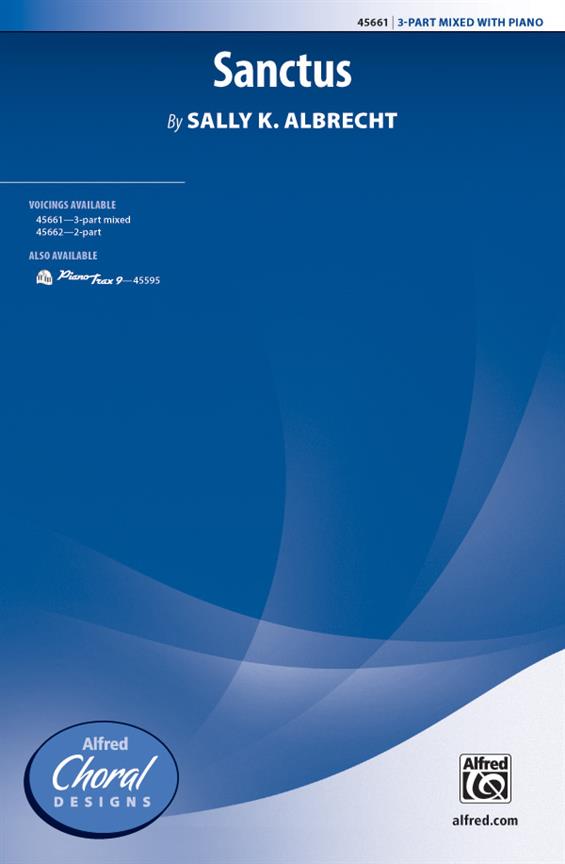A one-octave melody, imitative textures, independent vocal parts, and an accessible Latin text make this an ideal selection for developing choirs. Emphasize pure vowels and legato phrasing to highlight the beauty of this gorgeous setting. Simply stunning.
New voicing! Here’s a traditional canoe song from Polynesia that sounds quite impressive with a cappella voices, handclaps, and percussion instruments. The call and response format of Greg’s well-designed 2-part and 3-part arrangements suggests people communicating from canoe to canoe as they travel between islands.
A delicate piano introduction leads the listener to an elegant setting of Christina Rossetti’s inquisitive poem. Well-conceived voice leading makes the fully realized choral harmony beautifully singable, and each voice part gets a turn with the celestial melody. Text painting, lyrical lines, warm suspensions, emotional range—it’s all here, ready to amaze audiences and adjudicators.
A delicate piano introduction leads the listener to an elegant setting of Christina Rossetti’s inquisitive poem. Well-conceived voice leading makes the fully realized choral harmony beautifully singable, and each voice part gets a turn with the celestial melody. Text painting, lyrical lines, warm suspensions, emotional range—it’s all here, ready to amaze audiences and adjudicators.
It’s a snap. Teach the melody (built around the tonic triad) in unison first and then the canonic choral parts will easily fall in place. Conservative vocal ranges fit singers of any age. An optional C-instrument adds a third voice to the graceful round.


